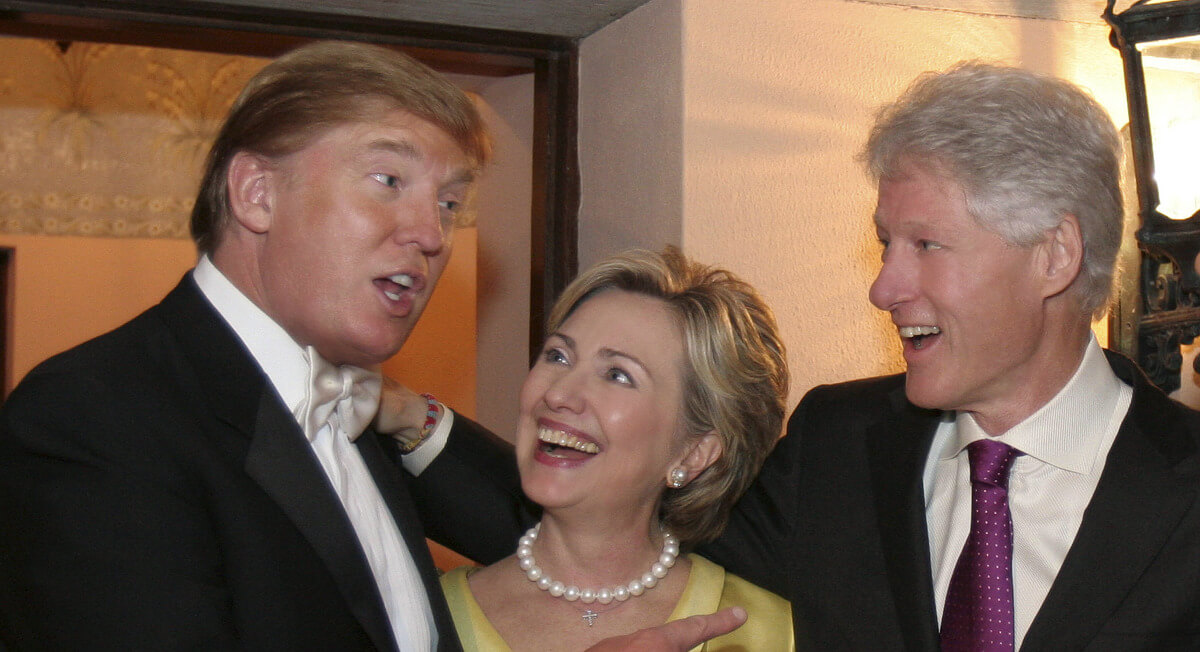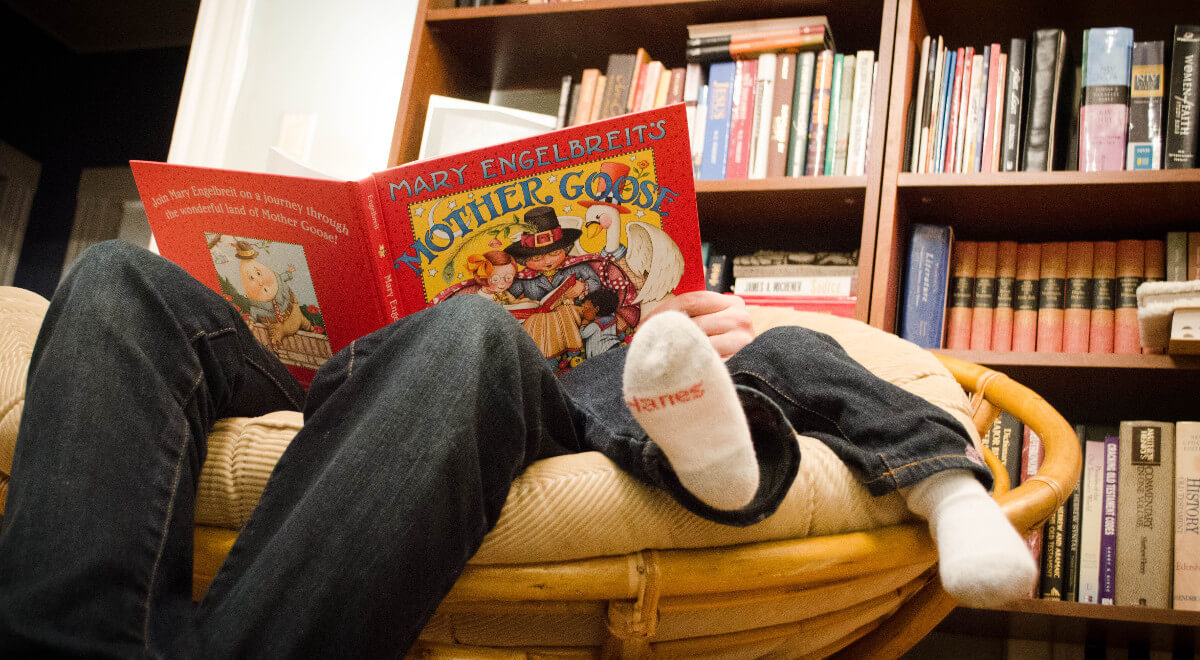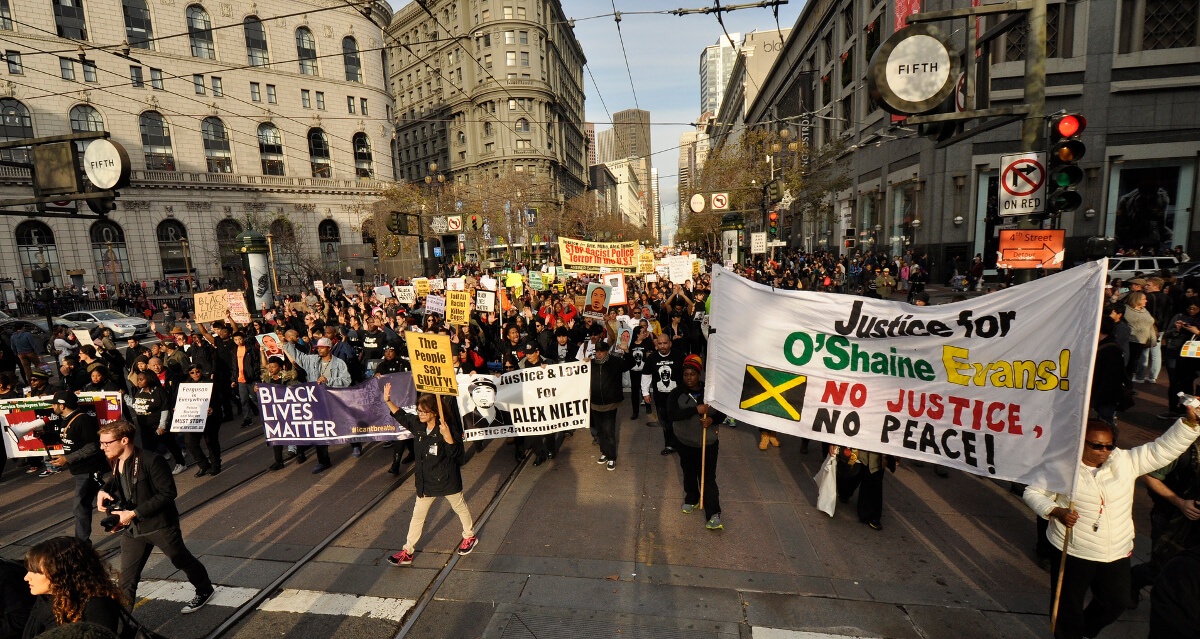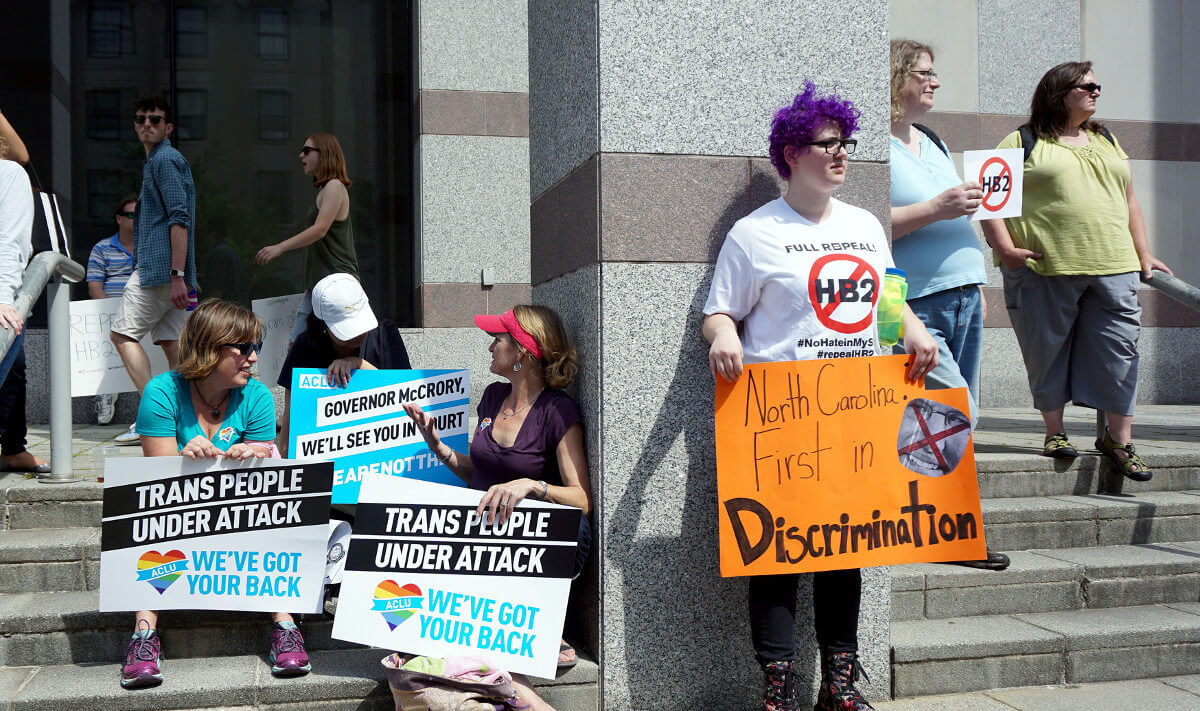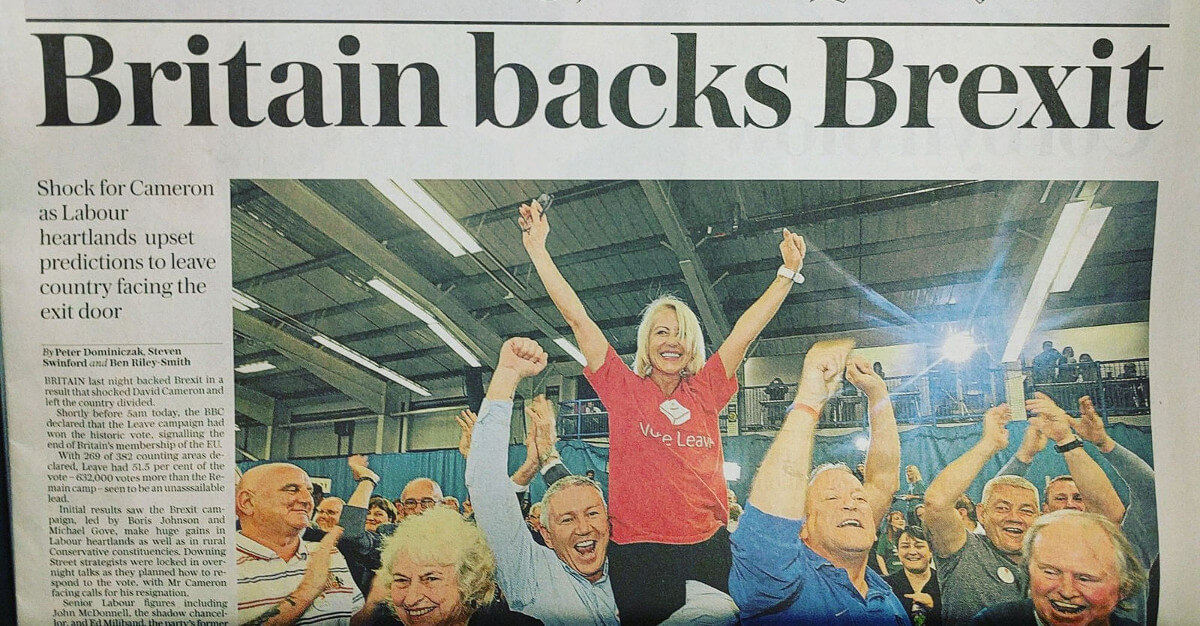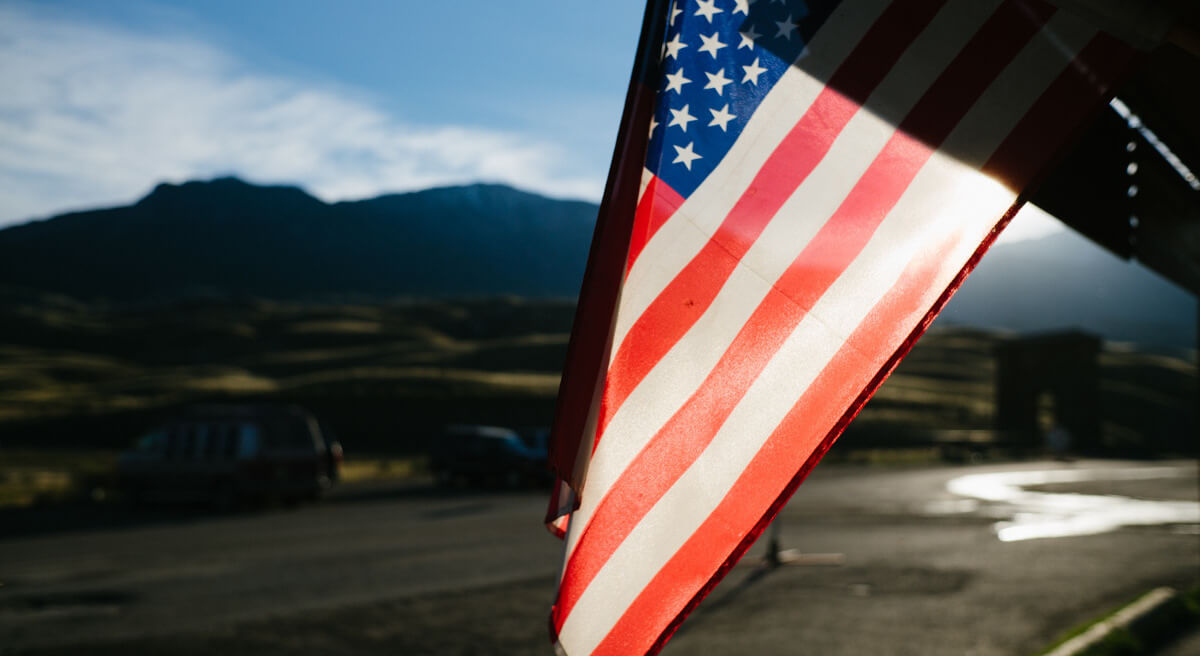Life in a fallen world isn’t easy, and we all know the dark pressure of hard times. The collapse of a relationship, loss of a job, loss of health—they are sad reminders that sin brought all flavors of death and loss into the world and there is no escaping their effects in this life. But sometimes the burden is heavier because we don’t know how to respond. Some suffering is simply a consequence of living in a dying world, but the Bible also makes it clear that our Father may use trials to correct or discipline us. When troubles come, it is easy to feel stuck in the middle, unsure whether God is looking for us to repent of some sin or simply to trust and wait on him.
Proverbs 3:11-12 says, “My son, do not despise the Lord’s discipline or be weary of his reproof, for the Lord reproves him whom he loves, as a father the son in whom he delights.” Sometimes, God uses troubles to shake us awake and confront us with our sins or mistakes. If your girlfriend is breaking up with you, it might be because life can be painful in a fallen world, or it might be because you are kind of a jerk. If you lost your job, it might be because God is giving you a chance to grow in your faith, or it might be because you don’t work very hard. Or you may have some habitual sin which is unrelated to this particular trial, but which God is trying to draw to your attention. Yet, on the other hand, desperately trying to ferret out some unnoticed besetting sin may simply add an unnecessary burden to an already painful situation. What to do? How can we remain open to our Father’s correction while also realizing that some troubles call for endurance rather than repentance?


